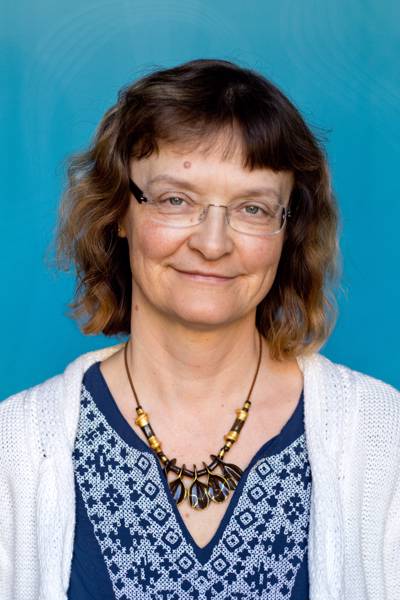Many of the armed conflicts after World War II have had female fighters, such as El Salvador, Eritrea, Guatemala, Sierra Leone and Sri Lanka. In the disarmament, demobilisation and reintegration (DDR) process that followed the signing of the Guatemalan peace accord in 1996, altogether 766 women were demobilised. This article seeks to explain why some of these women became politically and socially active in the post-conflict peacebuilding phase, whereas others did not. Contrary to the negative experiences of female ex-fighters from Sierra Leone and West Africa, the article points out that the Guatemalan female ex-fighters preserved a positive group identity developed during the war. In particular, the war experiences represented an asset for social and political participation to those of the female ex-fighters that reintegrated collectively—together with their male ex-combatants. The article concludes that future DDR programming should take into account the importance of group identity and the needs and the own wishes of female ex-fighters from different war contexts.
Hauge, Wenche Iren (2008) Group identity—a neglected asset: Determinants of social and political participation among female ex-fighters in Guatemala, Conflict, Security & Development 8 (3): 295–316.






